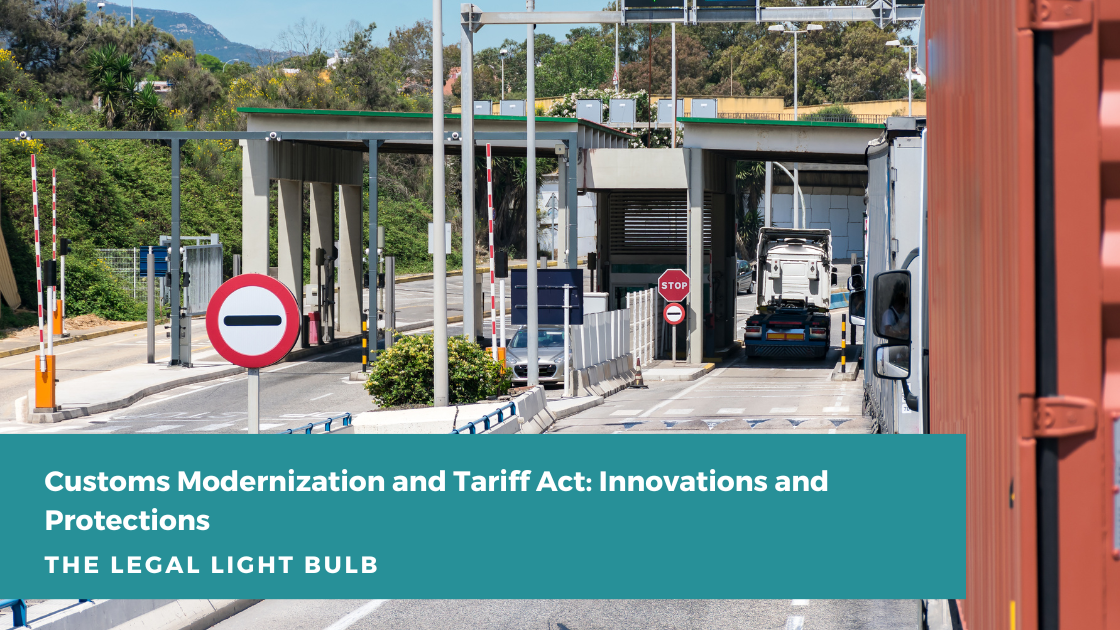Living in a borderless world with a free and rapid movement of capital, goods, services, and persons, it is a challenge for an archipelagic State like the Philippines to prevent the entry of harmful imports while continuously promoting international trade for economic growth and development of the country.
Hence, to improve custom rules and procedures for faster trade, prevent and halt any form of customs fraud and illegal acts, as well as to protect the Philippine industries against unfair trade, Republic Act No. 10863, or An Act Modernizing the Customs and Tariff Administration was enacted on May 30, 2016.
One of the advances introduced by R.A. No. 10863 is that the Bureau of Customs shall now utilize information and communications technology to enhance customs control and support cost-effective and efficient customs operations geared towards a paperless customs environment.
Additionally, upon declaration of a state of calamity, goods such as food, medicine, equipment, and materials for shelter, donated or leased to government institutions and accredited private entities for free distribution to or use of victims of calamities shall be treated and entered as relief consignment. Clearance of relief consignment shall be a matter of priority, subject to a simplified customs procedure. The same shall also be exempted from duties and taxes.
R.A. No. 10863 also provides recourses should there be discrimination against commerce in the Philippines committed by foreign countries. Section 714 of the statute provides:
A. When the President finds that the public interest will be served thereby, the President shall, by proclamation, specify and declare new or additional duties in an amount not exceeding one hundred percent (100%) ad valorem upon goods wholly or in part the growth or product of, or imported in a vessel of any foreign country whenever the President shall find as a fact that such country:
- Imposes, directly or indirectly, upon the disposition or transportation in transit or through reexportation from such country of any goods wholly or in part the growth or product of the Philippines, any unreasonable charge, exaction, regulation, or limitation which is not equally enforced upon the like goods of every foreign country; or
- Discriminates in fact against the commerce of the Philippines, directly or indirectly, by law or administrative regulation or practice, by or in respect to any customs, tonnage, or port duty, fee, charge, exaction, classification, regulation, condition, restriction or prohibition, in such manner as to place the commerce of the Philippines at a disadvantage compared with the commerce of any foreign country.





